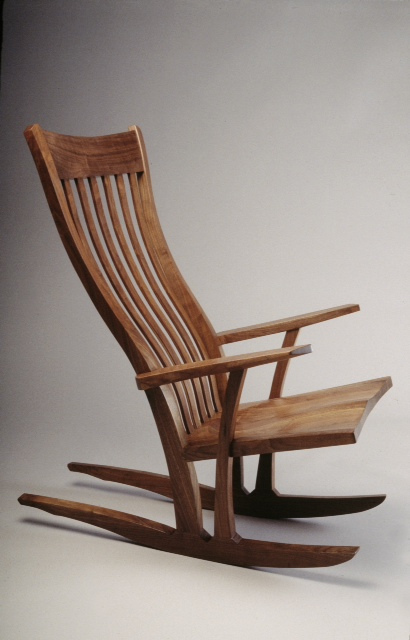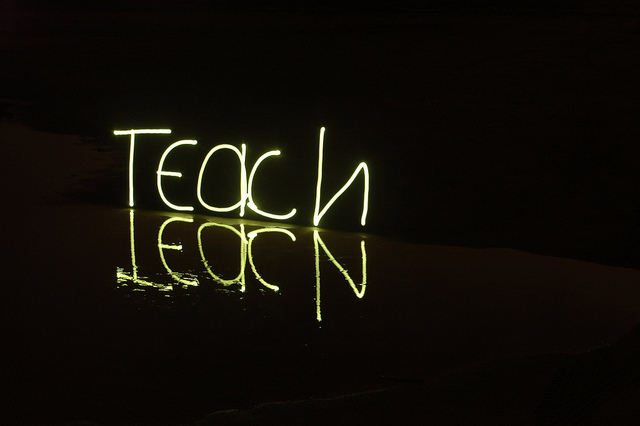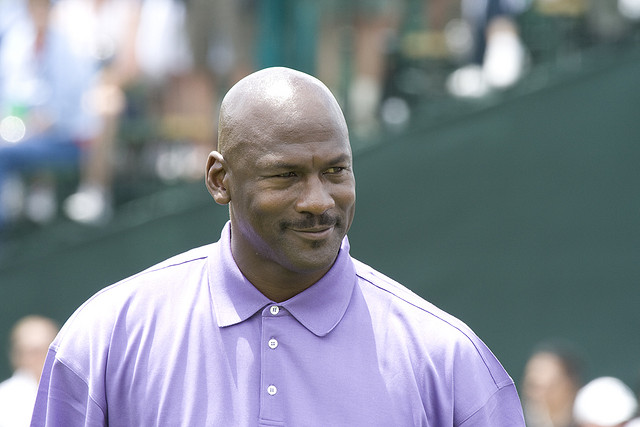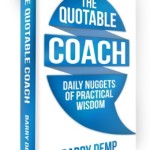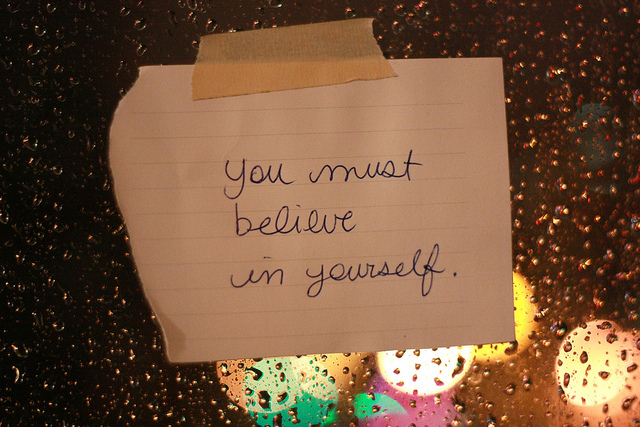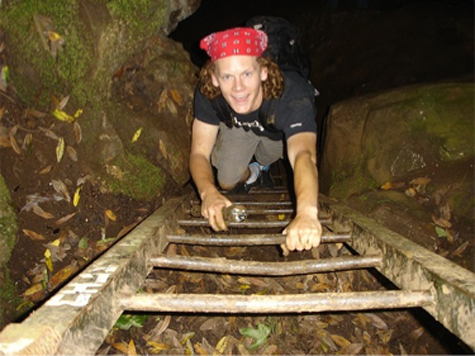“Don’t compare your beginning to someone else’s middle.”
– Jon Acuff, New York Times Bestselling author
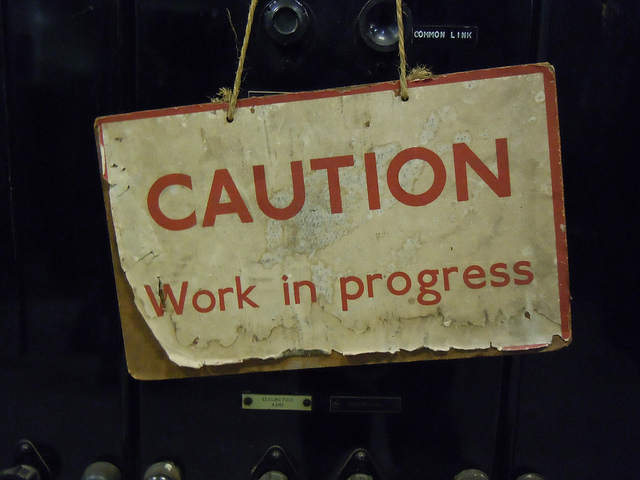
Photo from Flickr by kevandotorg
Have you or do you know anyone close to you who started a new job, hobby, or sport?
Although we all know cognitively that it takes time to build competency and eventually mastery, many people compare their own beginning skill level to others who have been on this or a similar journey for some time.
They see where they are limited or falling short because the comparisons they make are not equal, and actually unfair.
EXERCISE
As you strive toward excellence in any area of life, be inspired by the mastery and capabilities of those you admire, yet compare your current capabilities only to those of what you were capable of yesterday.

